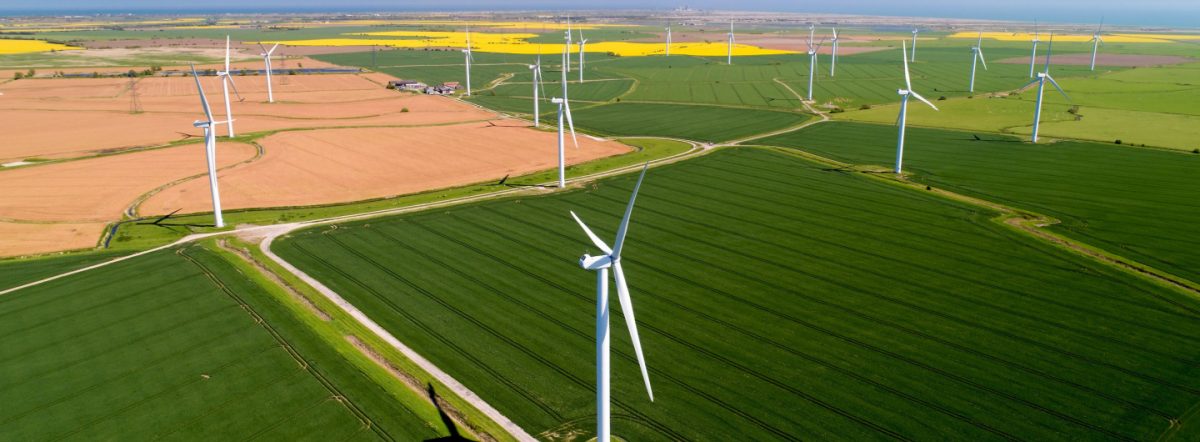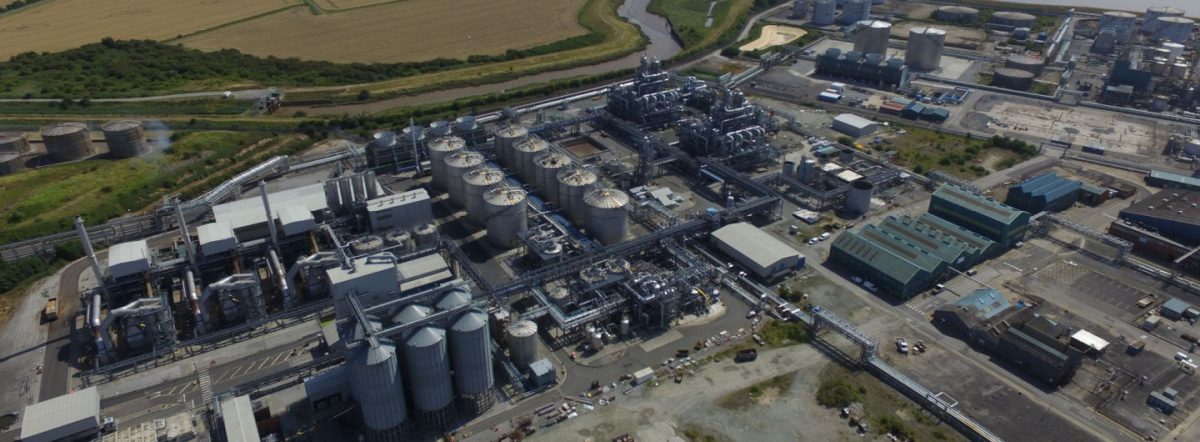The Great Big Green Week (10th – 18th June) is a UK-wide celebration of community action to tackle climate change.
While the energy industry lobbies for the continuation of oil and gas, including opposing the Windfall Tax on excess energy firm profits which is used to tackle fuel poverty, experts have predicted that renewable energy sources completely replacing fossil fuels by 2050 will save trillions of dollars globally.
Labour has announced plans to block all new oil and gas development in the North Sea if they are elected, in a move which has been welcomed by 139 organisations including the End Fuel Poverty Coalition. These organisations have signed an open letter to Labour leader Sir Keir Starmer urging him not to U-turn on this policy, citing the importance of investing in renewables in ensuring that the UK has secure access to affordable and green sources of energy.
The Government is also examining how best to reform of electricity marketing and pricing which calculates how electricity costs are determined. Currently, costs per unit are calculated by “marginal pricing”, meaning that the price per unit (kWh) of electricity is determined by the last energy source delivered onto the grid to meet demand in any given half hour period. In practice, this is often determined by the cost of energy from expensive gas power stations, rather than cheaper renewables.
The End Fuel Poverty Coalition responded to this consultation by urging the government to unlink the cost of energy from gas prices, and better factor in renewable energy to help mitigate price volatility and drive energy bills down.
Community schemes are becoming vital ways to promote renewables at a local level. One such scheme is Net Zero Now in South Cambridgeshire, which is a free training programme for local residents. The scheme is designed to support individuals to act on climate change in their community, and consists of six weekly workshops where attendees learn from each other to deliver effective carbon reduction activities, events and communications. Local schemes such as this one are being celebrated during Great Big Green Week, as it has been found that these programmes help to lower emissions and restore nature within communities.
A spokesperson for the End Fuel Poverty Coalition commented:
“The Great Big Green Week asks us to think about what inspires us to tackle climate change and protect nature. For millions of people, the answer is that tackling climate change is also how we end fuel poverty in the long run. We already have solutions ready to do this. For example, reforming the energy grid and adopting renewable energy sources will contribute to the achievement of net zero, but would also mean more affordable bills. Additionally, improving our homes to be more energy efficient could reduce heating bills by 20%.”


